Search

News & Events
Embracing the mental health of our children and young peopleEmbrace – a new research collaboration based at The Kids – will bring a new focus to understanding and improving the mental health of children and young people.

News & Events
People power takes tiny study to the next levelOne of the biggest problems facing young people with neuromuscular disorders is the risk of breathing problems caused by muscle weakness during sleep.
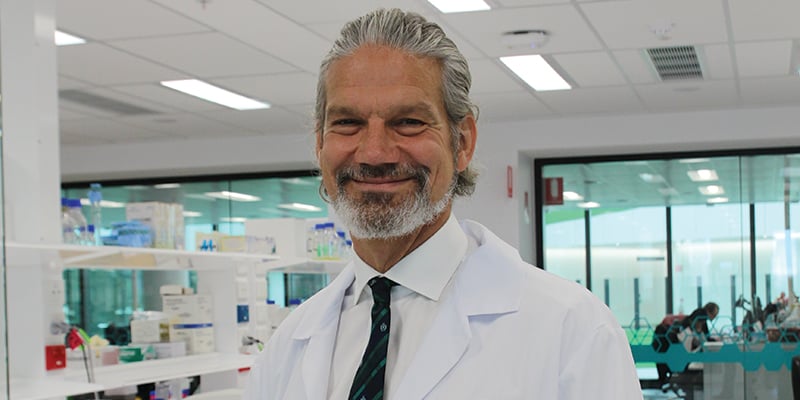
News & Events
Driving a vaccine revolutionThe Kids Research Institute Australia is now part of an ambitious, yet achievable, global bid to produce such one-shot vaccines.

News & Events
Warajanga marnti warranja – together we walk on countryA $5 million commitment from BHP has allowed The Kids researchers and Aboriginal communities to make FASD history in the Pilbara.

News & Events
Bobbie brings baby’s brain to lifeA lovable blue creature by the name of Bobbie has won the hearts and minds of Western Australians.
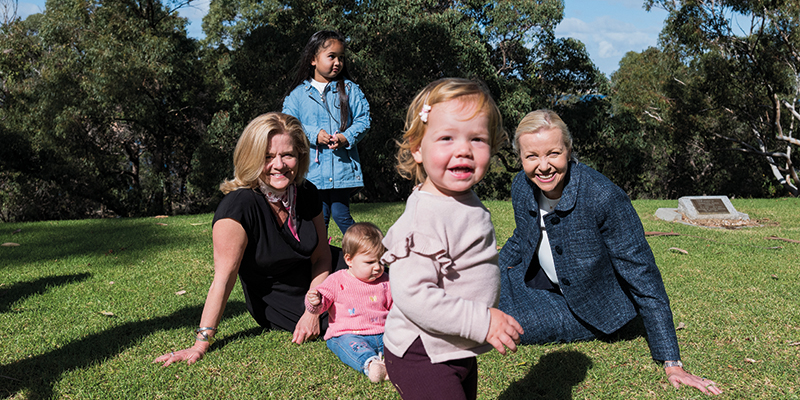
News & Events
Early years initiative off to strong startA 10-year agreement forged between the State Government, Minderoo Foundation and Telethon Kids Institute is well underway.
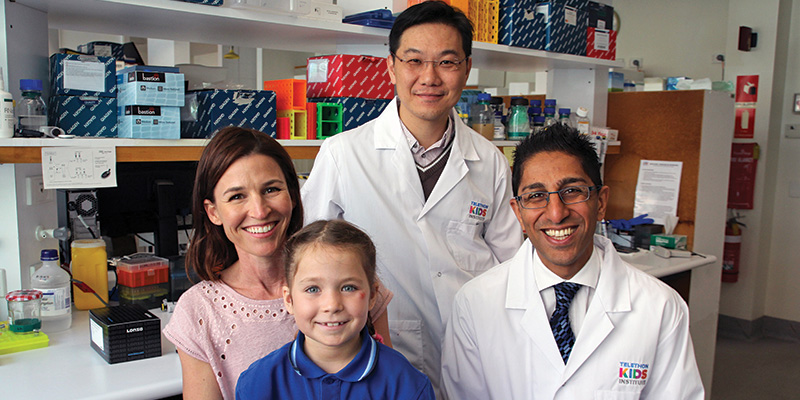
News & Events
Researchers unlock key to slowing leukaemia progression in kidsWhen three-year-old Flo Parker injured her hip on a camping trip five years ago, her parents thought it would be nothing more than a common childhood injury.
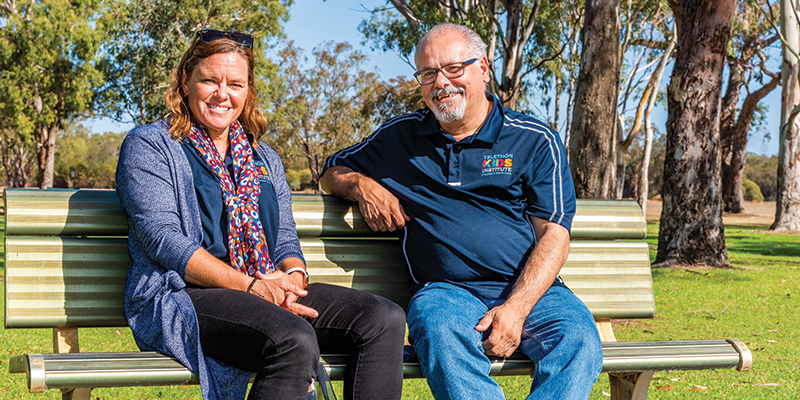
News & Events
Giving wings to a generation of Indigenous leadersIn 2005, The Kids Research Institute Australia won a National Health & Medical Research Council Indigenous Capacity Building Grant.

News & Events
Sunny outlook for allergy-prone bubFelix was one of 195 children to take part in Dr Debbie Palmer’s research into sunlight exposure, vitamin D and eczema.
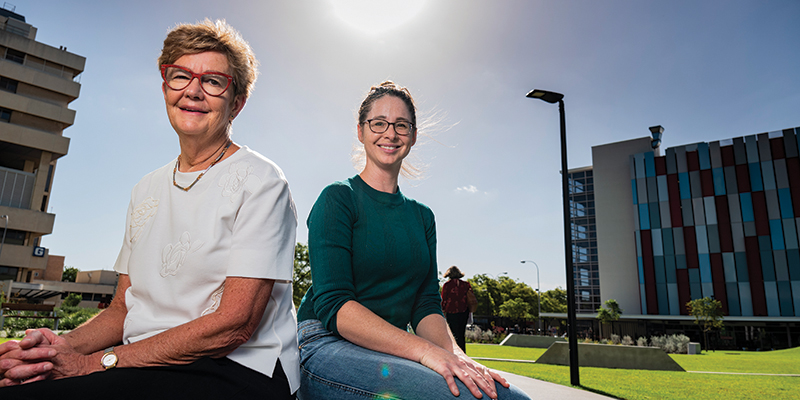
News & Events
Let the sun shine inFor decades Aussies have been told to minimise sun exposure to prevent skin cancer - now researchers at Telethon Kids are challenging that message.
